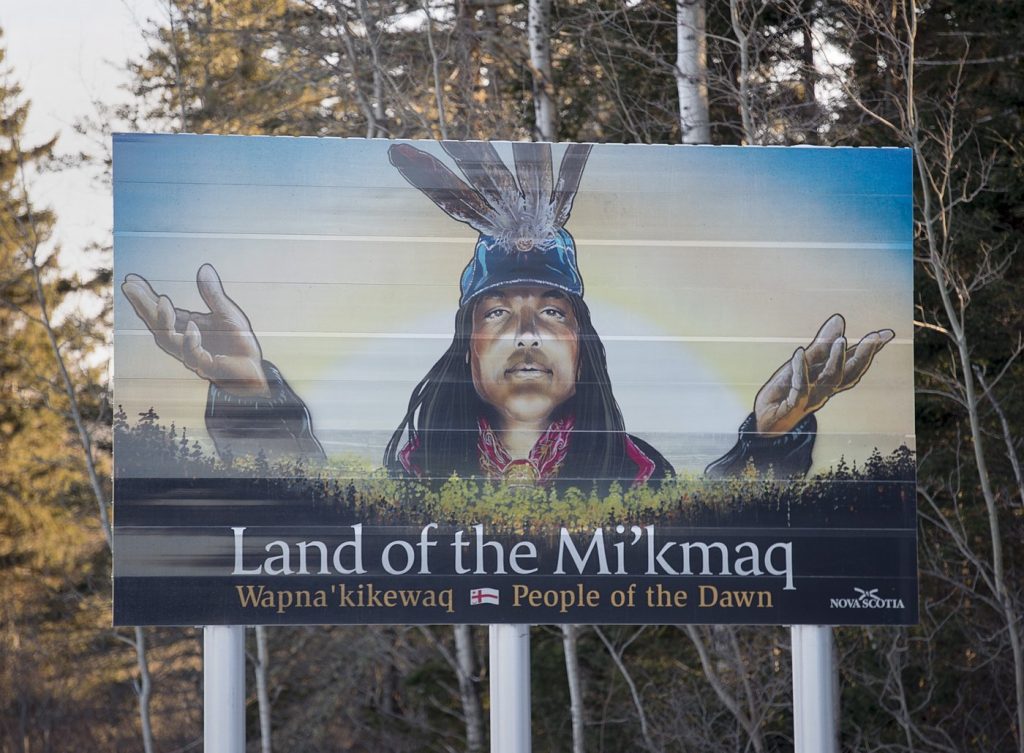The federal government of Canada has expressed its commitment to collaborate with Mi'kmaq First Nations in Nova Scotia to enhance the income assistance program. However, details regarding the progress of ongoing negotiations have not been disclosed, prompting criticism regarding a significant financial gap in support provided to First Nations. This gap exceeds $25 million annually, leaving those living on reserves with considerably less financial aid than they would receive if residing off-reserve.
Ta’n Etli-tpi’tmk, a representative group for 12 of the 13 Mi'kmaq First Nations in Nova Scotia, has highlighted that some individuals reliant on income assistance from Ottawa are facing extreme poverty due to insufficient aid. This has raised urgent concerns about the adequacy of the assistance program and its effects on the livelihood of First Nations members.
A spokesperson from Indigenous Services Canada and Crown-Indigenous Relations and Northern Affairs Canada stated that the federal government has worked closely with Maritime First Nations since 2016 to create a “culturally responsive system” for delivering income assistance. Nevertheless, specific details about the advancements made since then have not been provided. Anispiragas Piragasanathar, in a recent communication, reiterated the commitment to work with Ta’n Etli-tpi’tmk but stated that confidentiality surrounding the negotiations prohibits further comments on the progress made.
According to the recent statements from Ta’n Etli-tpi’tmk, the Mi'kmaq were engaged in discussions for a self-governing agreement concerning social assistance with the Canadian and Nova Scotia governments from 2021 until 2024. However, these negotiations were halted by Ottawa in 2024 after the Mi'kmaq proposed to negotiate a fiscal arrangement that would align social assistance levels available on reserves with those provided provincially. On July 9, the Mi'kmaq passed a resolution urging Canada to resume negotiations to finalize an agreement by the end of the fiscal year.
James Michael, a lead negotiator with Ta’n Etli-tpi’tmk, stressed the severity of the issue, highlighting its direct implications on the health and welfare of individuals living on reserves. He asserted that the matter is not about merely providing handouts but is rather about empowering people to escape the cycle of deep poverty. He criticized the federal government for its low assistance rates, which start at as little as $13 per day for a single individual, insufficient for covering basic needs such as food and other essentials.
Michael acknowledged the community's efforts to support one another amidst these challenges, noting that many individuals struggle to manage their limited resources effectively. He emphasized that the financial constraints often force them to forgo healthier food options. This sentiment was echoed by Leroy Denny, chief of the Eskasoni First Nation, who articulated the frustration and fatigue felt by the community due to the ongoing “intergenerational trauma” stemming from inadequately funded federal income assistance programs.
In comparison, Nova Scotia's off-reserve basic income assistance rates begin at $644 per month for individuals who are boarders—those who have a bedroom in someone else's home—and can go up to $726 per month for individuals renting or owning their homes without dependents or students. This stark disparity in income assistance underscores the critical need for reforms and negotiations to ensure equitable support for First Nations peoples.












